Read an Excerpt from Shawn L. Johnson’s Oath of Six
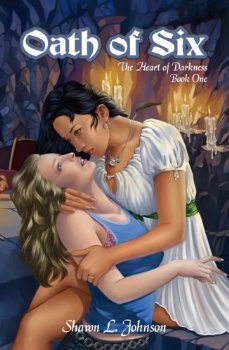 We still get e-mail about “Two-Skins,” Shawn L. Johnson’s cover story for Black Gate 5. The tale of a brave and very resourceful young man dragged in chains to the Emperor’s gladiatorial games captured the hearts of many of our readers, and it was obvious the author was destined for great things.
We still get e-mail about “Two-Skins,” Shawn L. Johnson’s cover story for Black Gate 5. The tale of a brave and very resourceful young man dragged in chains to the Emperor’s gladiatorial games captured the hearts of many of our readers, and it was obvious the author was destined for great things.
Now we have the pleasure of seeing that promise unfold, with a generous excerpt from Shawn’s first novel, Oath of Six, the first in The Heart of Darkness series, and set in the same setting as “Two Skins.”
The second book in the series, Serpent Without Skin, was released early last year. But now you can get in on the ground floor on a dynamic new fantasy series from an exciting new author.
Atop a perilous, arctic mountain, a modern-day wizard leads the rest of his expedition to their doom. Magic has steadily ebbed from the earth for ages, decimating the creatures of legend, so he has gambled that the ancient hag residing here will know of a cure. She is insane, however, and her advice is treachery.
Soon afterward, David Tyler receives a desperate summons from his estranged mentor. The old wizard is wasting away, and fears he has been cursed by a former apprentice. The trail of the culprit leads the remaining apprentices through a haunted forest where a child has gone missing, and into the mythical underworld — the crossroad of all the myriad, dying worlds. There they face exiled shape-shifters and an insane goddess, in order to confront a childhood friend who has become both a traitor and a murderer.
Without further ado, we present the complete prologue to Oath of Six, currently available at Amazon.com for just 99 cents as a Kindle book. Enjoy!
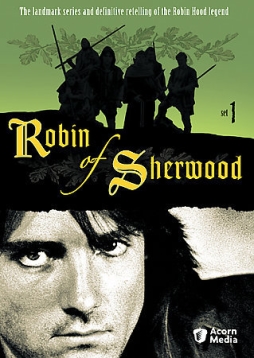 I read some bad news earlier this week: Richard Carpenter died. Carpenter, 78 at the time of his death on February 26, was an actor and television writer. He created several shows; he’s probably best known for his children’s series Catweazle, the animated Dr. Snuggles, and the show that I want to talk about here, the ITV-broadcast series Robin of Sherwood. It’s easily my favourite interpretation of the Robin Hood story, and perhaps my favourite filmed piece of sword-and-sorcery.
I read some bad news earlier this week: Richard Carpenter died. Carpenter, 78 at the time of his death on February 26, was an actor and television writer. He created several shows; he’s probably best known for his children’s series Catweazle, the animated Dr. Snuggles, and the show that I want to talk about here, the ITV-broadcast series Robin of Sherwood. It’s easily my favourite interpretation of the Robin Hood story, and perhaps my favourite filmed piece of sword-and-sorcery. 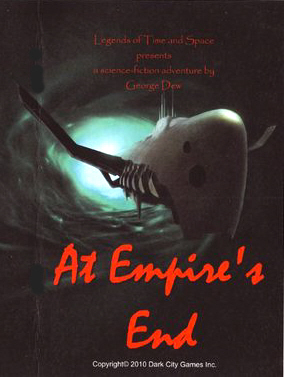
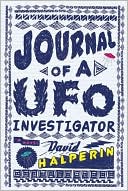 Journal of a UFO Investigator
Journal of a UFO Investigator 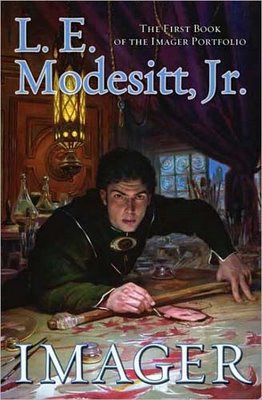
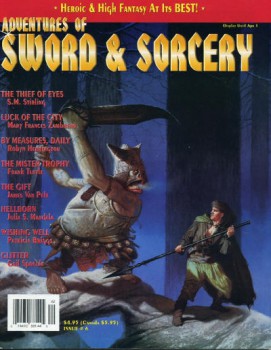
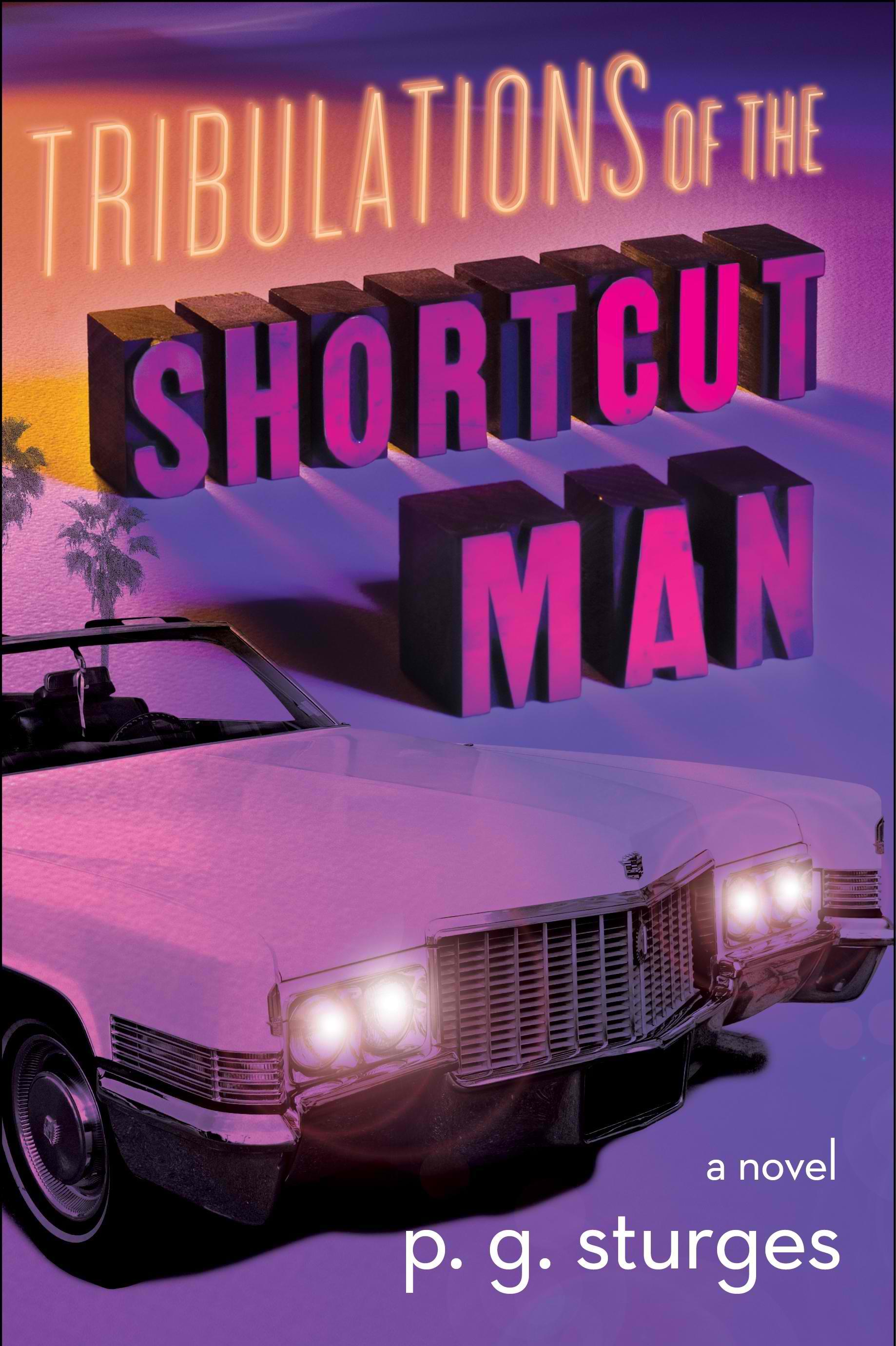
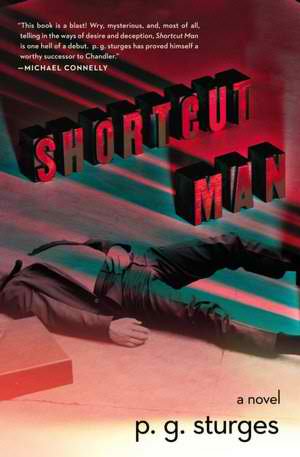


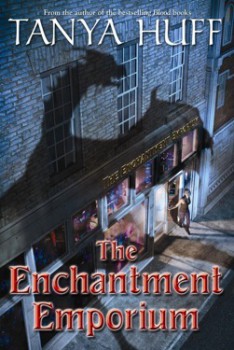 The Enchantment Emporium
The Enchantment Emporium